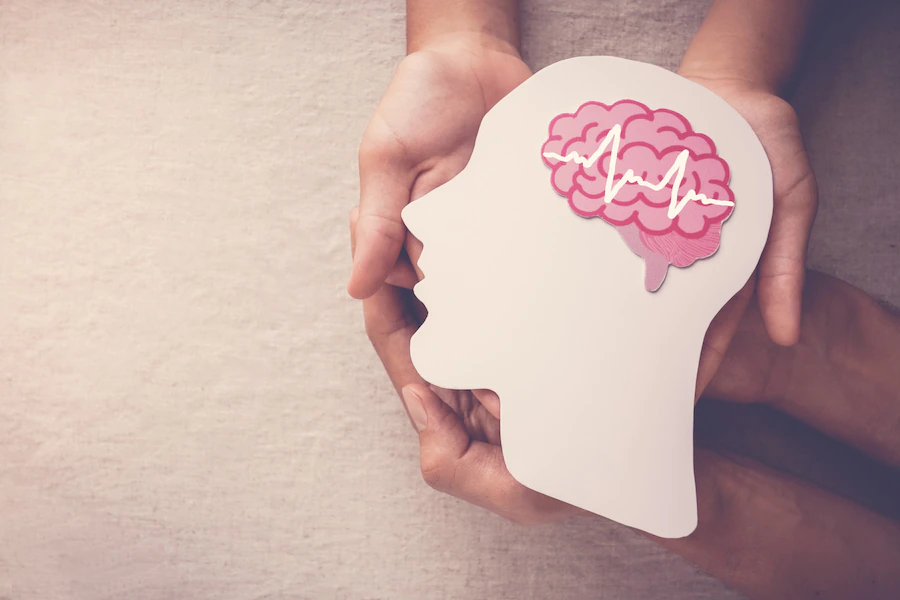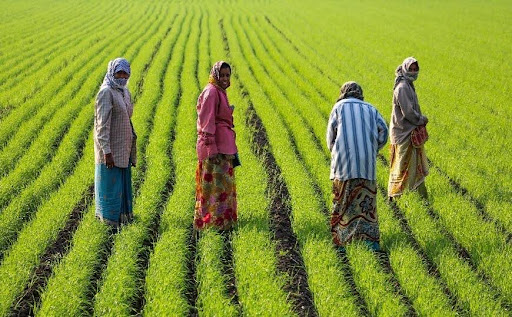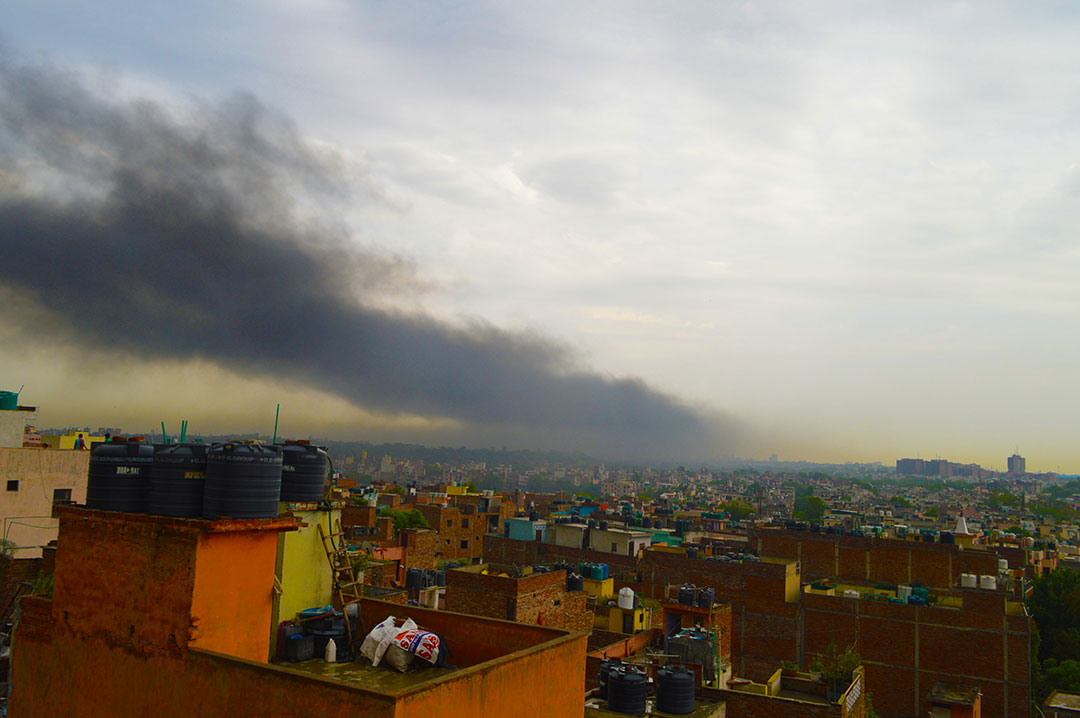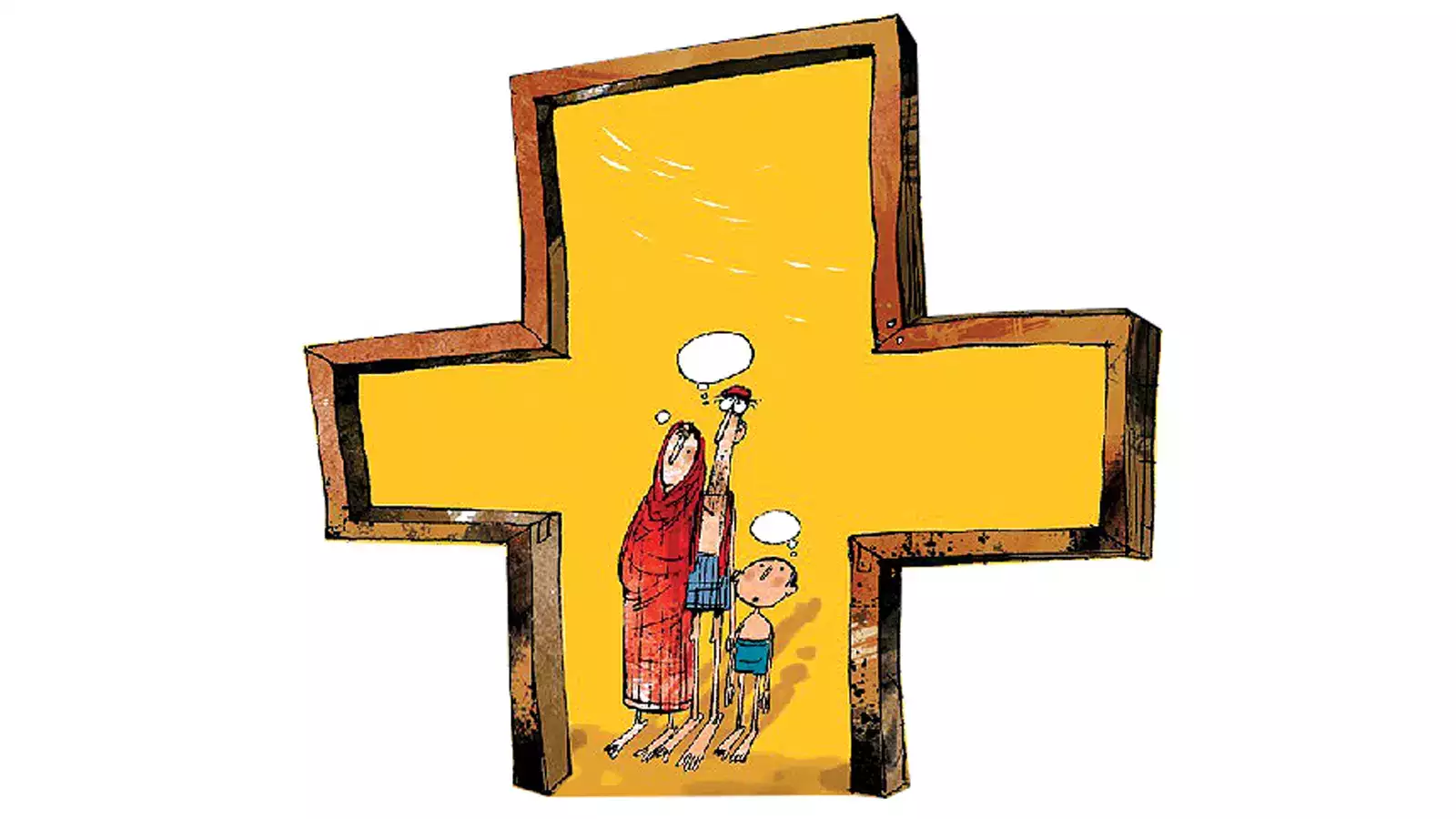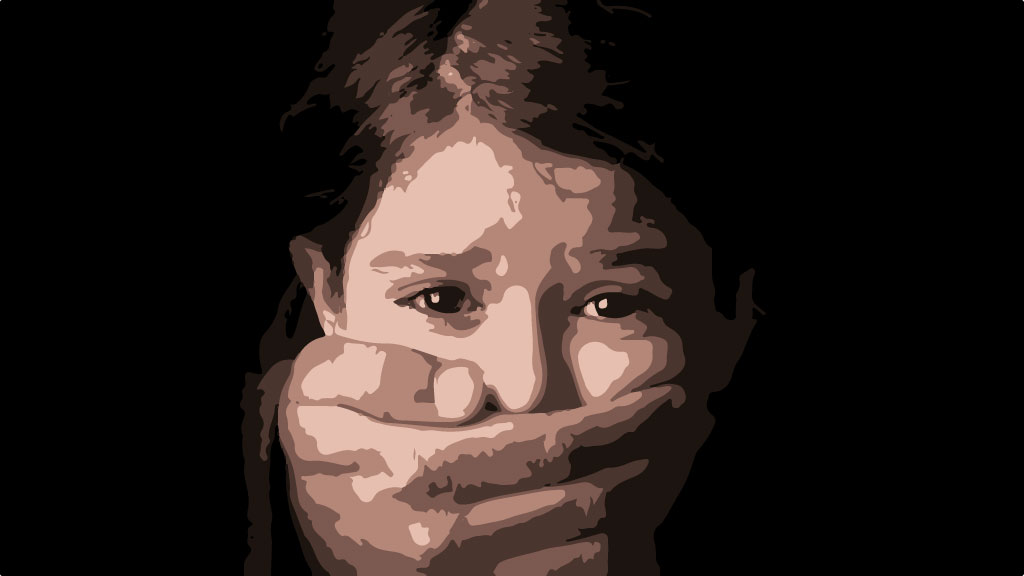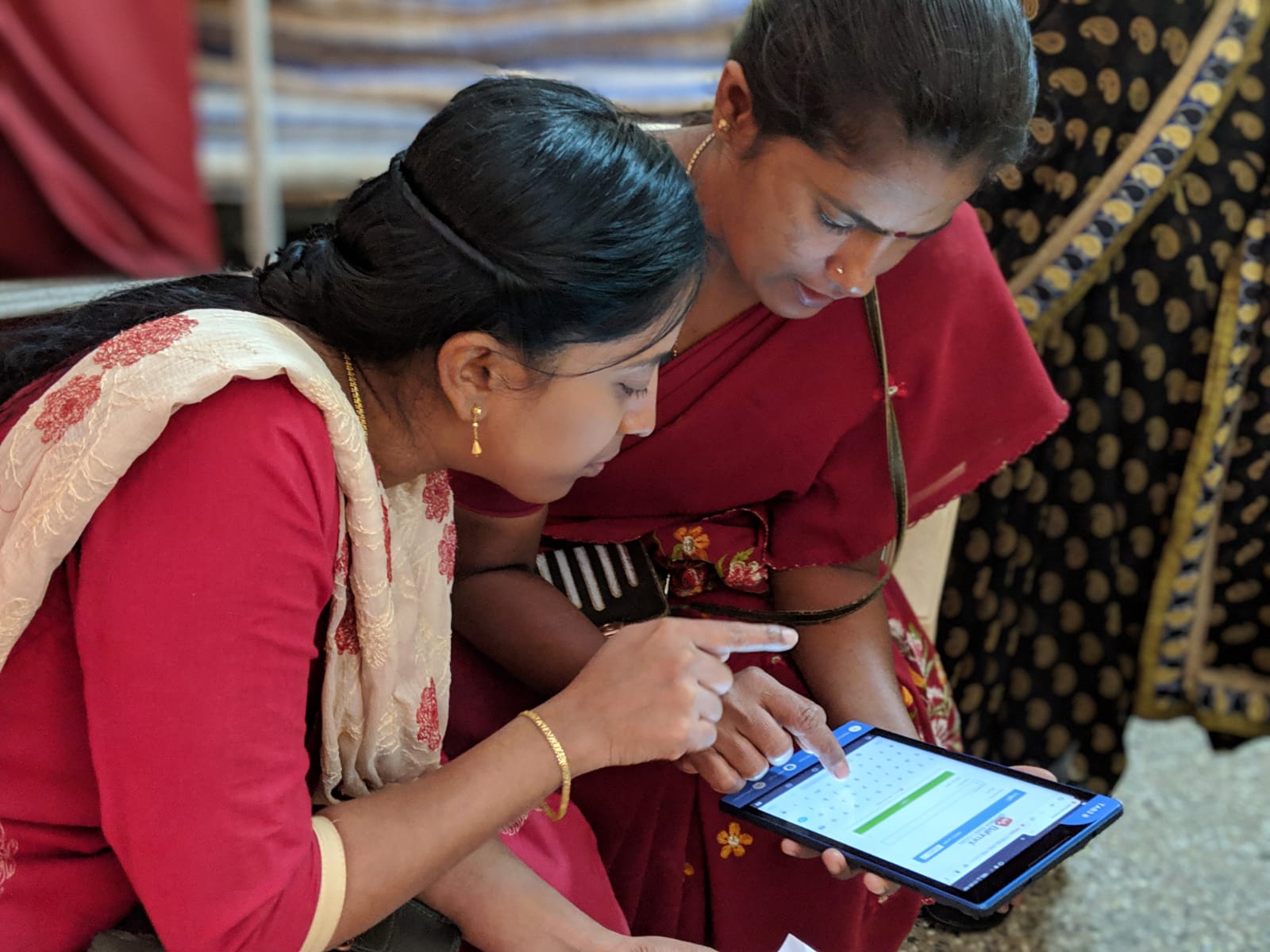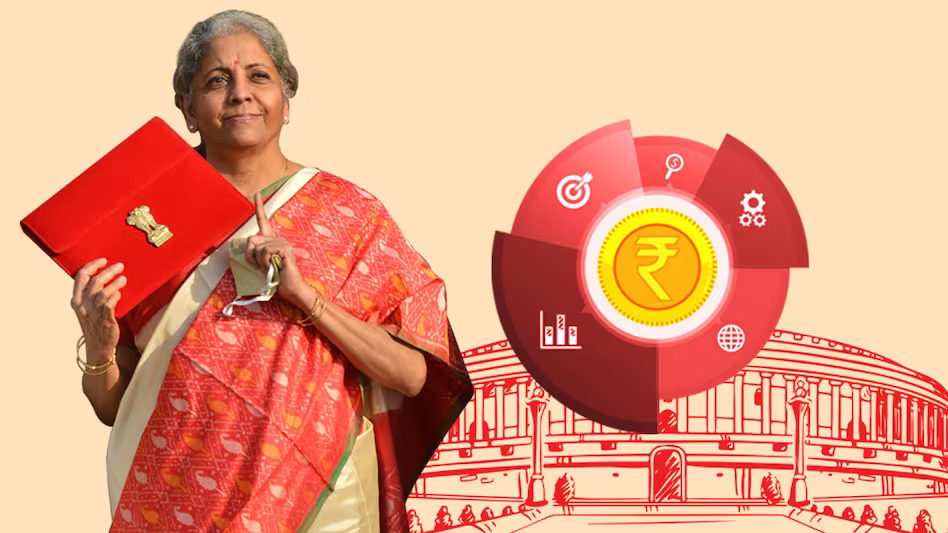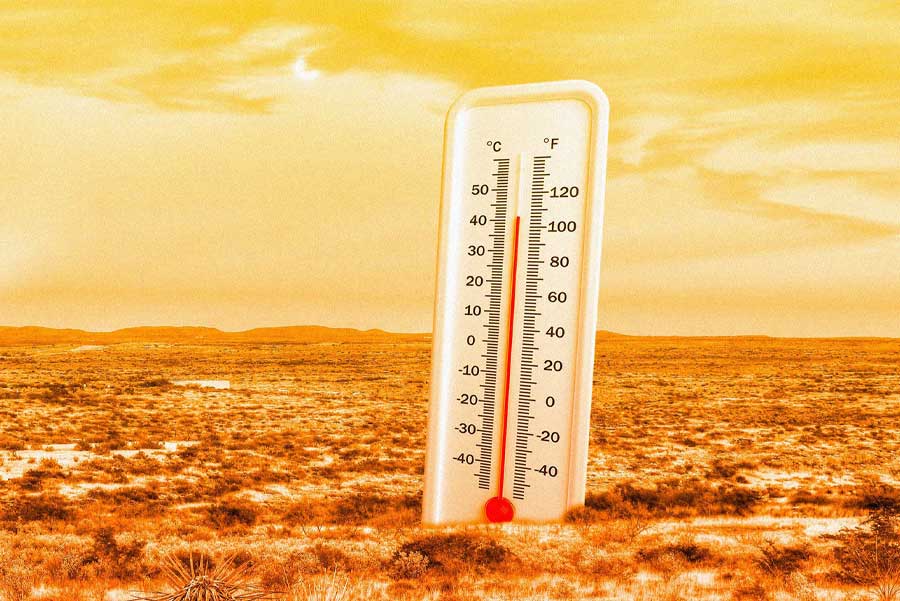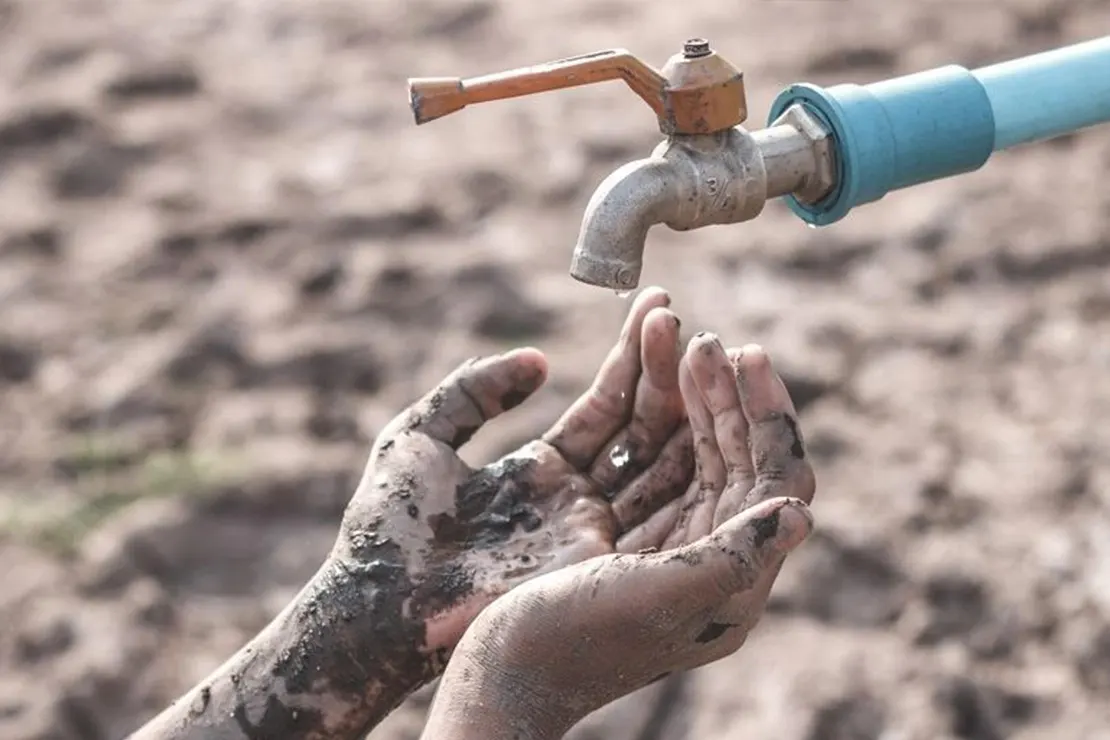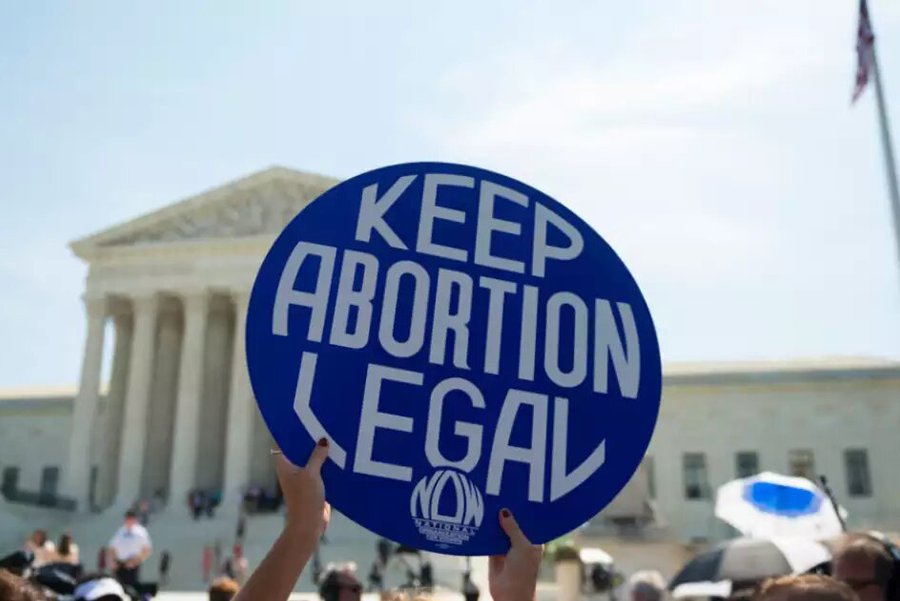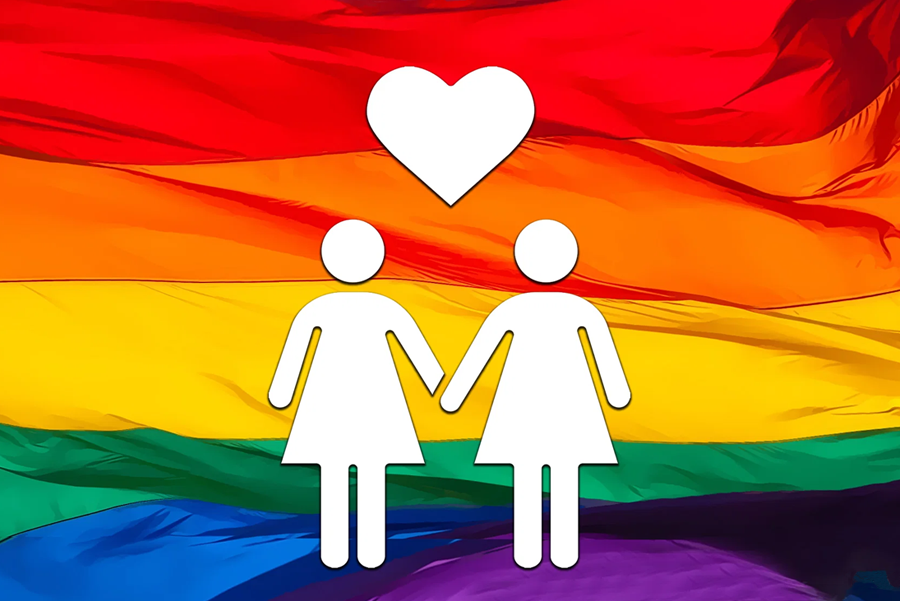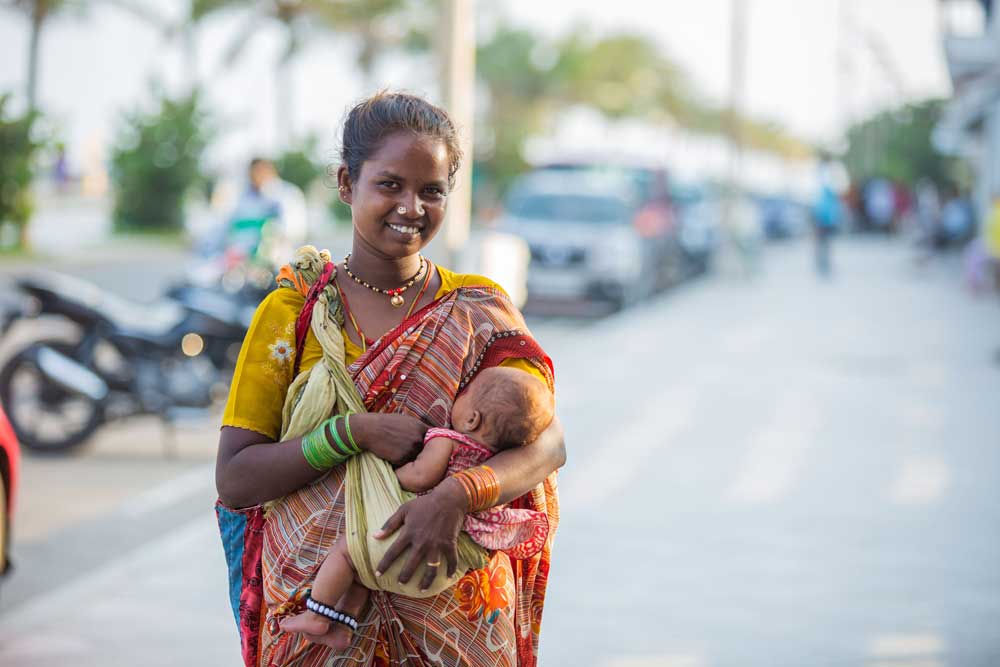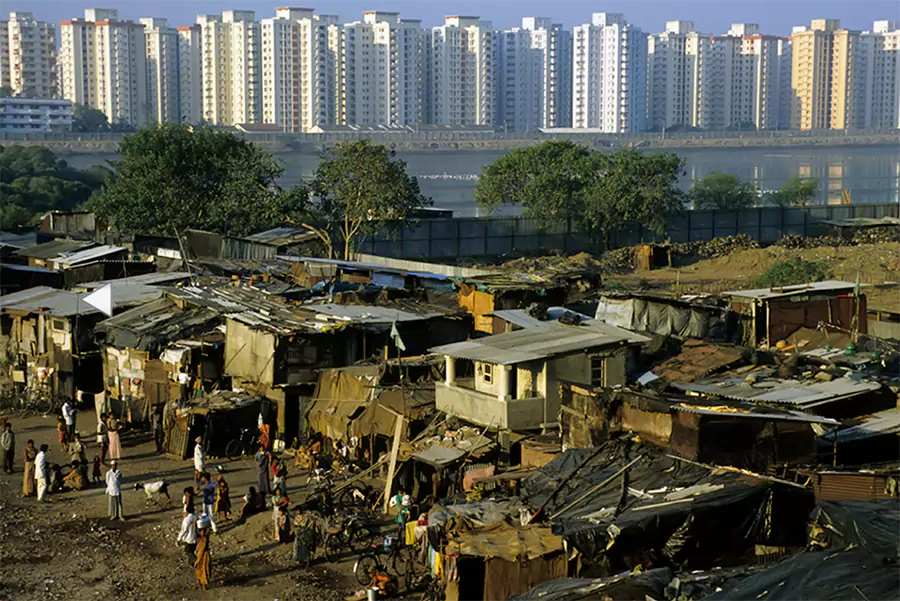The COVID-19 pandemic was just the beginning of it all for me. Insidious and all-consuming, I vividly remember how it began and how, slowly, a constant sense of anxiety took control of every aspect of my life. Amid the ongoing crisis, my family lost five members to COVID. While such desperate times took a toll on everyone in our family, it became exceptionally difficult for me as my personal and professional life became hazy and uncertain. My anxiety and distress led to the end of a relationship and a toxic workplace flared up everything that I was already struggling to cope with. I spiralled each day, unable to complete my work in a timely fashion, struggling to concentrate on even the simplest of tasks and doing almost everything at a dreadfully slow pace. I was always prompt and consistent about routines, but during this time, I battled to get out of bed each morning and felt tired from the moment I woke up. As my participation and eagerness took a dip, I did not realize when and how I had reached a state where I would go blank during meetings, fear the outcomes of everything I initiated and have palpitations that would make me dizzy, nauseous and uneasy. The inability to share how I felt and the demoralizing effect of the negative feedback further deteriorated my state. With my mind paralyzed and my body exhausted, it was hard to keep going and stay hopeful.
I desperately needed help, and the journey onwards was far more isolating and dispiriting than everything I was already going through. I reached out to peers and friends who had been through similar experiences. Their stories gave me hope and strength that I might feel myself again if only I could find the right professional to provide a safe space for me. However, the grim reality of the mental health situation in our country is the absence of a conducive environment where people from all walks of life can access quality, affordable and timely mental health care and services. Thus, the most significant challenge was finding a professional who makes you feel heard and who provided affordable and quality care at the earliest possible. As I hopped from one counsellor to another, the expression of judgement, the devaluation of my experiences and the disapproving tone while listening to me made me feel far more worthless and insignificant than ever before. For the first time in my life, I understood what it was like for most people in our country living in the shadow of their mental illness and yet being forced to keep their chin-up, while their struggles were constantly disregarded or snubbed.
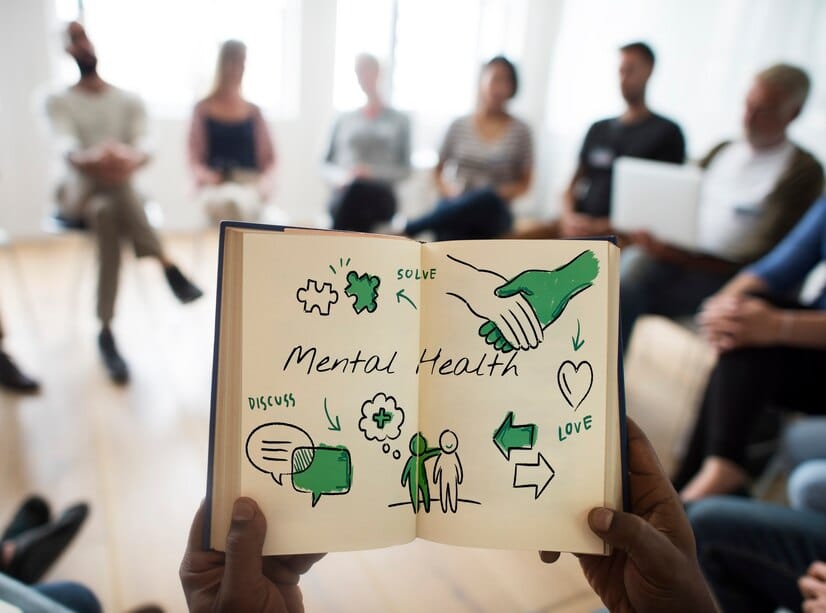
After spending thousands on hourly bills of psychologists and hours on weekly sessions, home assignments and retrospective analysis of my past, I realised I still stood exactly where I began. It was disheartening as the sentiment of shame and worthlessness had only been aggravated by the weeks of patient efforts spent in sessions that led nowhere. Even before the pandemic, India had limited political and policy prioritization of mental health issues. COVID-19 multiplied the magnitude of the issue and further increased the existing gap in access to quality and affordable care. As individuals like me struggled to cope with the pandemic induced anxiety, stress and depression, their narratives continue to be invisible even today.
Over the past year, I have witnessed, first-hand, society’s starkly different reaction to psychological illness as compared to physical illness and the impact of seldom prioritized mental health issues in our country. My life changed in ways I am still trying to comprehend. Interestingly enough, my experiences presented a unique opportunity for me to understand the undeniably crucial role one’s psychological health plays in defining a person’s identity as a whole. I firmly believe that generating greater awareness and providing mental health services at subsidized rates would be a valuable addition to our efforts in ensuring universal health care for all. Access to good mental health services and care is a fundamental human right, and avenues through which we can access such care should be promoted, explored and advanced.
Roshnee Burma is a young development professional with over 4 years of experience in the field of health, gender, women and youth rights.
